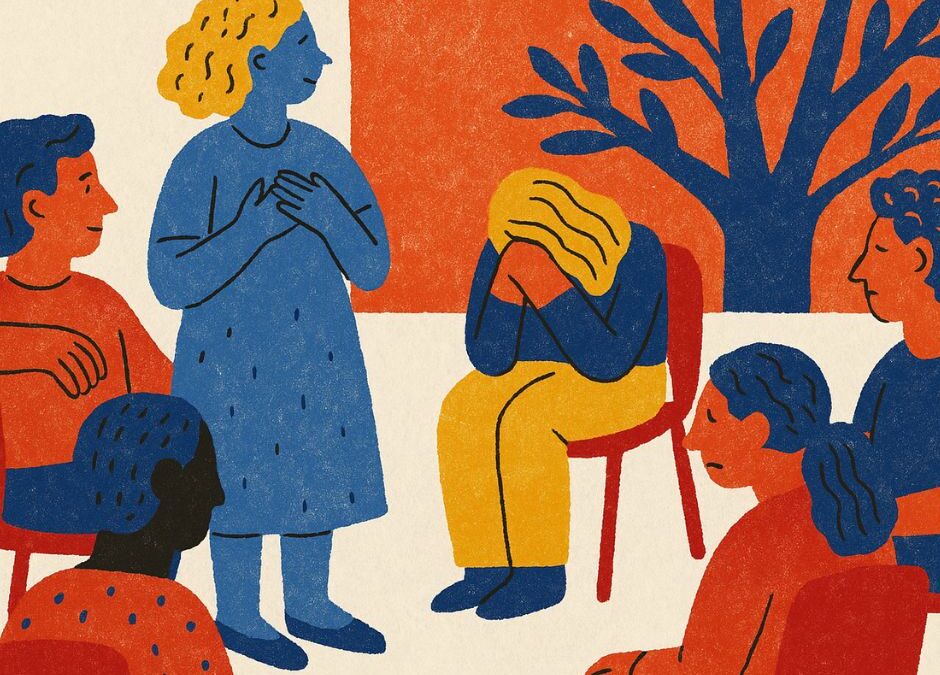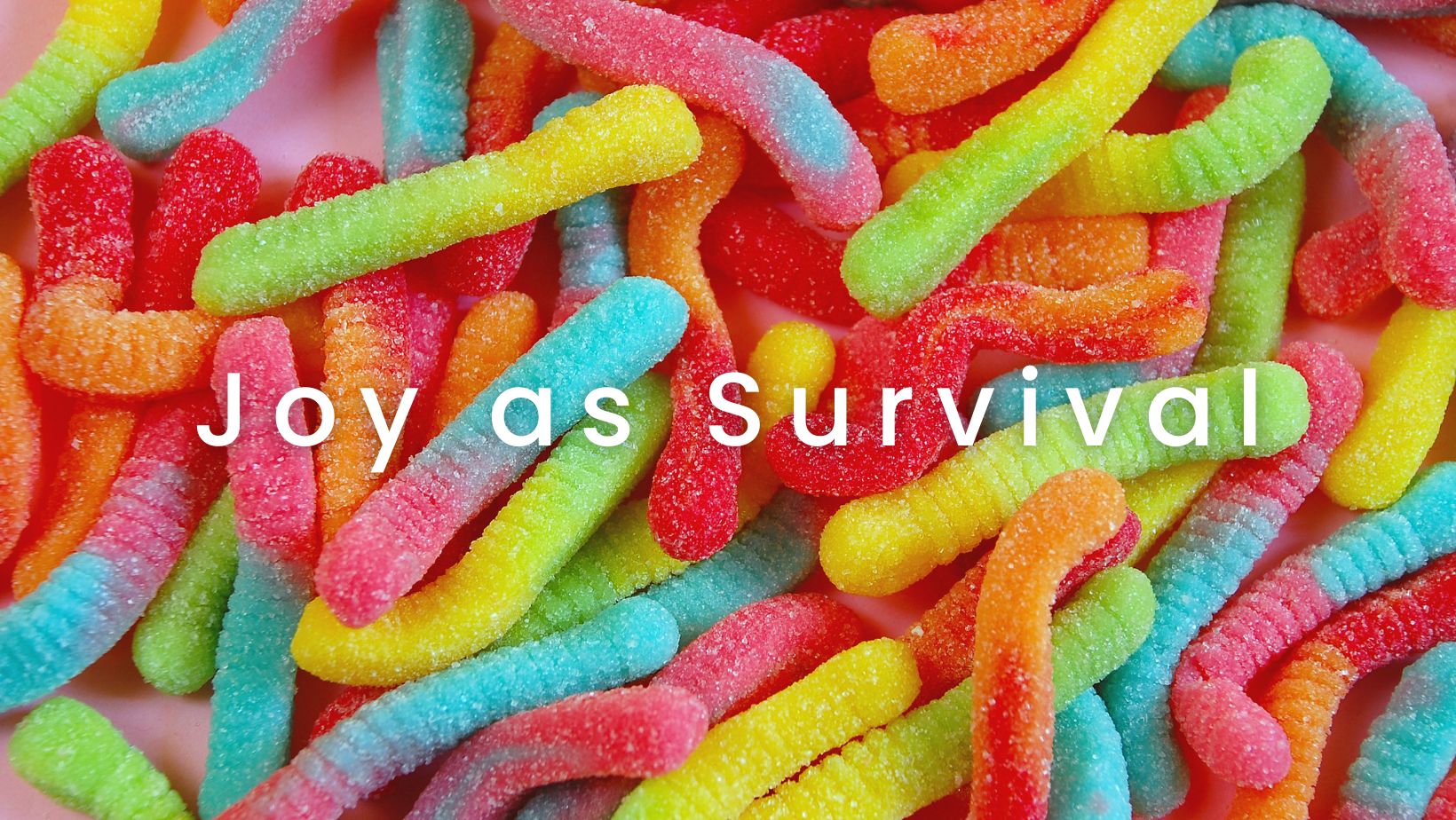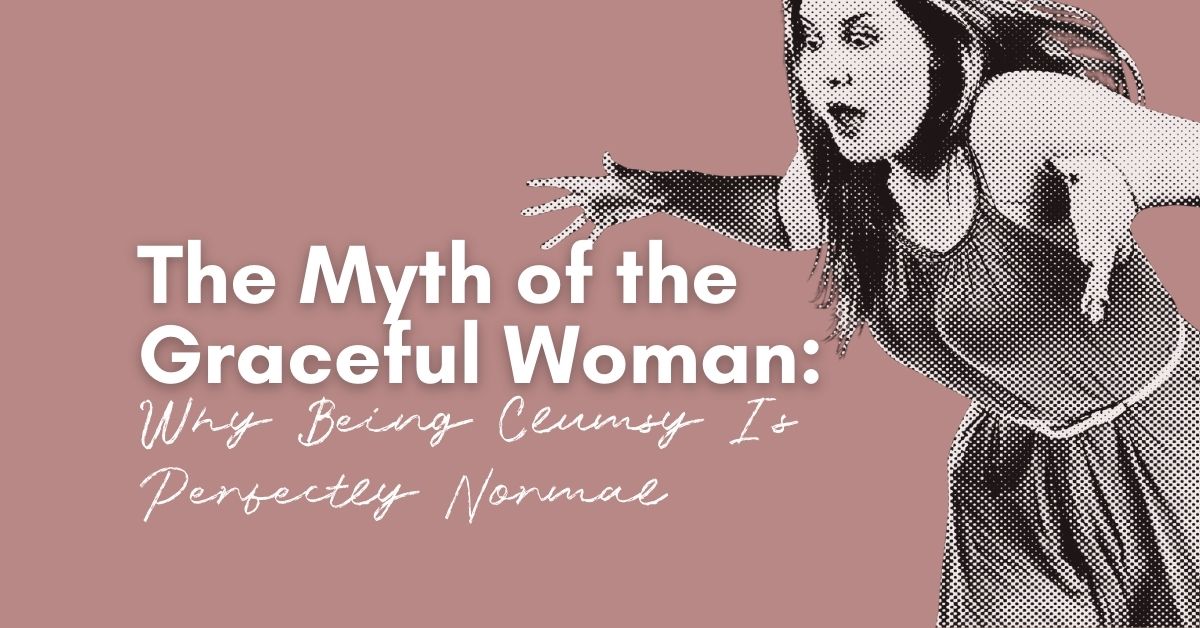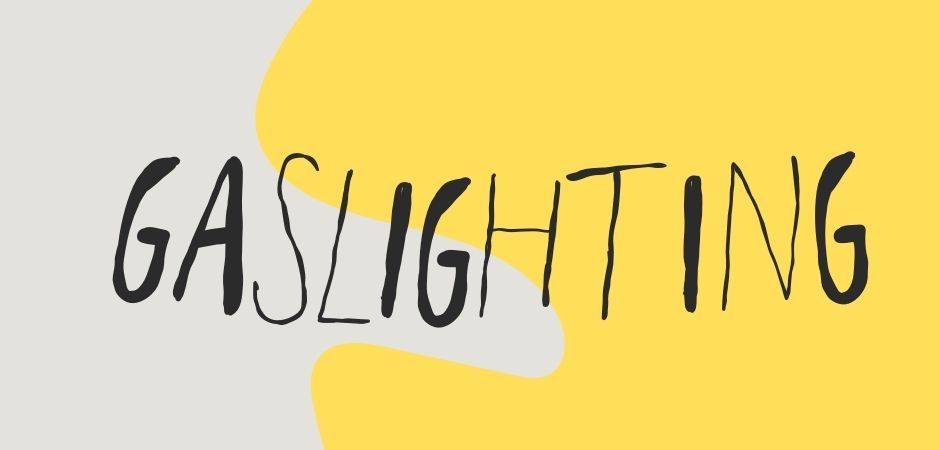I’ve always believed that life is just far too difficult to do alone. Not just the big, obvious stuff—like raising a child or recovering from loss—but the quiet, daily aches that wear us down. Healing, surviving, rebuilding… it takes a village. And more and more, that village is showing up in the form of community-based trauma therapy.
Why Community Matters in Healing
In South Africa, where many still carry the weight of generational trauma, structural violence, and social inequality, traditional one-on-one therapy isn’t always accessible—or culturally aligned. But healing doesn’t only happen on a therapist’s couch. It happens when stories are witnessed. When pain is spoken and met with compassion. When we remember we’re not alone.
Community-based trauma therapy recognizes that. It creates spaces—sometimes in community halls, sometimes on surfboards—where people can process trauma together. These models don’t just offer therapy. They offer belonging.
“Healing doesn’t only happen on a therapist’s couch. It happens when stories are witnessed.”
The Tree of Life: Stories as Medicine
One powerful example is Phola, a psychosocial support organization in Orange Farm. Their approach is rooted in narrative therapy, using tools like the “Tree of Life” to help individuals reframe their stories—not as broken, but as brave. The method allows people to speak about their experiences metaphorically, making it safer to explore painful memories, especially in group settings. This isn’t just storytelling—it’s survival alchemy.
“This isn’t just storytelling—it’s survival alchemy.”
Surf, Salt, and Solidarity
Another beautiful model is Waves for Change, which brings surf therapy to kids in under-resourced coastal communities. The ocean becomes a therapist of sorts—a place of play, trust-building, and emotional regulation. Trained surf mentors guide kids through structured sessions that blend movement with mental health support, reducing symptoms of trauma and anxiety over time.
Traditional Wisdom Meets Modern Healing
In many communities, healing is not separate from culture—it’s deeply spiritual. Practices like ukuthwasa, an initiation process into traditional healing, emphasize connection to ancestors, purpose, and the unseen. While not every path involves becoming a sangoma, the broader lesson is this: healing is not just psychological. It’s communal. It’s sacred.
The Work of Repair
South African psychologist Dr. Pumla Gobodo-Madikizela speaks of a “reparative quest”—a collective effort to confront historical trauma and create new pathways forward. Her work reminds us that healing is not about forgetting what happened, but about holding it with care, together.
“Healing is not about forgetting what happened, but about holding it with care, together.”
What We Can Learn
These community-based approaches aren’t just inspiring, they’re instructive. They remind us that we are wired for connection, and that recovery doesn’t have to be a solitary act. Whether it’s sharing a story, holding space for someone else’s pain, or simply showing up, we all have the capacity to be part of each other’s healing.
And maybe, just maybe, that’s how we survive.

Sources & Further Reading
- Phola – Psychosocial Support & Narrative Therapy
- Waves for Change – Surf Therapy for Youth
- The Guardian – Trauma Therapy in Orange Farm
- Time Magazine – Pumla Gobodo-Madikizela on Reparative Justice
- Wikipedia – Ukuthwasa



